Understanding Psychiatric Medication Management for Addiction
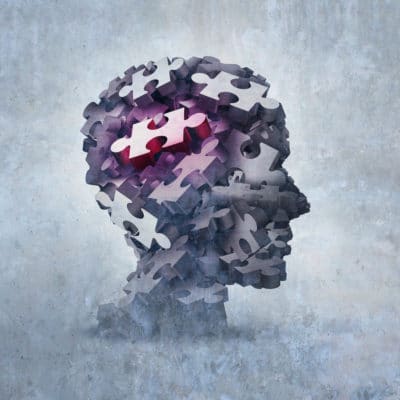
There’s a lot more to the recovery journey than detox and rehab. Often, people who seek addiction treatment need medication to complement counseling and group therapy. With psychiatric medication management for addiction, a medical clinician observes your progress and makes the necessary adjustments. This type of psychiatric care also allows you to ask a healthcare professional any questions you might have.
If you’re diagnosed with a co-occurring mental health condition such as bipolar disorder, anxiety or depression, a mental health professional will prescribe you prescription medication to help you manage your mental illness symptoms. Likewise, if you’re addicted to substances like heroin or alcohol, you’ll need medication to help manage possible side effects from withdrawal.
What Is Psychiatric Medication Management?
Psychiatric medication management describes when a psychotherapy professional oversees prescribing your medication to manage mental health symptoms related to addiction. You’ll get regular follow-ups with a nurse practitioner who makes sure your dosage is correct and checks on your symptoms.
If you have a comorbid mental health condition, the medication might be a long-term solution. We’ll explore the different types of medication you could be prescribed in more detail later in the article.
For people who use medication to help with alcoholism and opioid addiction, medication is usually a short-term solution. In these cases, it controls withdrawal symptoms, such as cravings, sweating and anxiety.
Who Requires Medication Management Psychiatry?
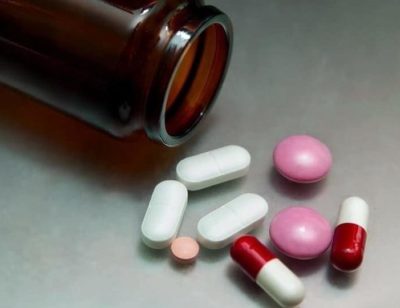
Psychiatric medication management for addiction is necessary for anyone who’s taking medication to help manage substance use disorders. Addiction treatment is dynamic and ongoing; over time, you might require less medication. As such, you must regularly meet with a medical professional to assess if you’re still taking the right amount.
It also gives you a chance to ask questions about how you’re feeling and how the medication works.
The more you understand about your recovery journey and get educated about how behavioral health mixed with addiction affects you, the better chance you have of recovery.
Medication-Assisted Treatment For Benzodiazepine Use Disorder
Addiction to benzodiazepines is surprisingly common in the United States, with women more likely to suffer than men. It’s not widely known that addiction to this type of drug is similar to alcohol addiction. It’s thought to cause an influx of chemical imbalances that slows down the central nervous system.
Over time, your body starts to rely on the drugs to release these neurotransmitters. When you stop taking them, you experience uncomfortable withdrawal symptoms and can potentially go into shock. In many cases, severe benzodiazepine addiction requires tapering treatment that’s overseen by a medical professional.
Medication-Assisted Treatment For Alcohol Addiction
Alcohol use disorders are some of the most severe addictions a person can experience. Although the majority of people can manage the amount they drink, alcoholics can’t regulate their use at all. As a person consumes alcohol over time, they build up a tolerance and their body becomes dependent on the substance.
With chronic alcohol use disorder, it’s hazardous to stop drinking suddenly unless you use medication. Vivitrol is used to treat opioid use disorder and alcoholism. It reduces cravings and prevents the euphoric, high feelings you’d typically get from consuming alcohol.
Medication-Assisted Treatment For Opiate Use Disorder
Withdrawal symptoms are most closely related to opiate drugs like heroin and oxycodone. These substances are profoundly physically and mentally addictive, so it’s extremely difficult to stop without medication. It is 100% possible for anyone to overcome opioid addiction, however, and medication-assisted treatment helps significantly.
Vivitrol is particularly useful for opiate addiction because it’s only administered once a month. This means you can get on with your life and attend counseling sessions without worrying about getting your medication topped up frequently.
What Is a Co-Occurring Mental Health Disorder?

For many people, addiction is part of a broader issue related to trauma, depression, anxiety or any other medical condition affecting mental health. In some cases, long-term substance abuse makes changes in the brain and behavior that lead to depression or anxiety.
Other people have issues that cause them intense emotional pain. They use drugs or alcohol to self-medicate, which causes further imbalances with the neurotransmitters that regulate mood and emotions.
As such, although substances might numb the pain in the short term, they make it worse in the long term. When the mental health care staff assesses your mental illnesses, you might be given FDA-approved medication to help you safely manage your symptoms. Psychiatric medication management for addiction includes medication to control any mental health issues that contribute to your use of substances.
Types of Medication Used to Treat Mental Health
If the doctor diagnoses you with a co-occurring mental health condition, they will likely prescribe you one of the following types of medication. The type of psychiatric medication management for addiction you receive depends on your individual symptoms.
Stimulants
The most common reason a physician would prescribe someone a stimulant, such as Ritalin, is because of ADHD. This condition can make it difficult to focus and cause cyclical thinking and extreme anxiety, which makes some people turn to substances. The right medication can help someone with ADHD focus on one task at a time and stay alert.
Antidepressants
Although they predominantly treat depression, antidepressants can also help with insomnia, anxiety and pain. Lots of people use alcohol or drugs to block out the challenging feelings associated with depression. It’s much better to seek help from a medical professional who can give you the appropriate medication for your condition.
Medication for Anxiety
Anxiety can make people feel they need to use alcohol or drugs to relax. Because of the way these substances work in the brain, they make anxiety disorders worse in the long term. A doctor can oversee psychiatric medication management for addiction to help with anxiety and addiction.
Antipsychotics
The most common reason you’d get prescribed antipsychotics is because of a break with reality. This can be drug induced or occur as a result of a mental health condition. This type of medication might be useful for helping some people cope with the acute recovery stage.
Mood Stabilizers
Mood stabilizers are associated with bipolar disorder and work by decreasing abnormal brain activity. A very high percentage of people with bipolar disorder turn to substance abuse as a means of coping. Most people find that mental health treatment and the correct medication are much more effective than self-medicating.
Find Out More About Psychiatric Medication Management for Addiction
If you’d like to know more about how medication-assisted treatment works, call On Demand Counseling for alcohol and drug counseling today at 330-270-8610.

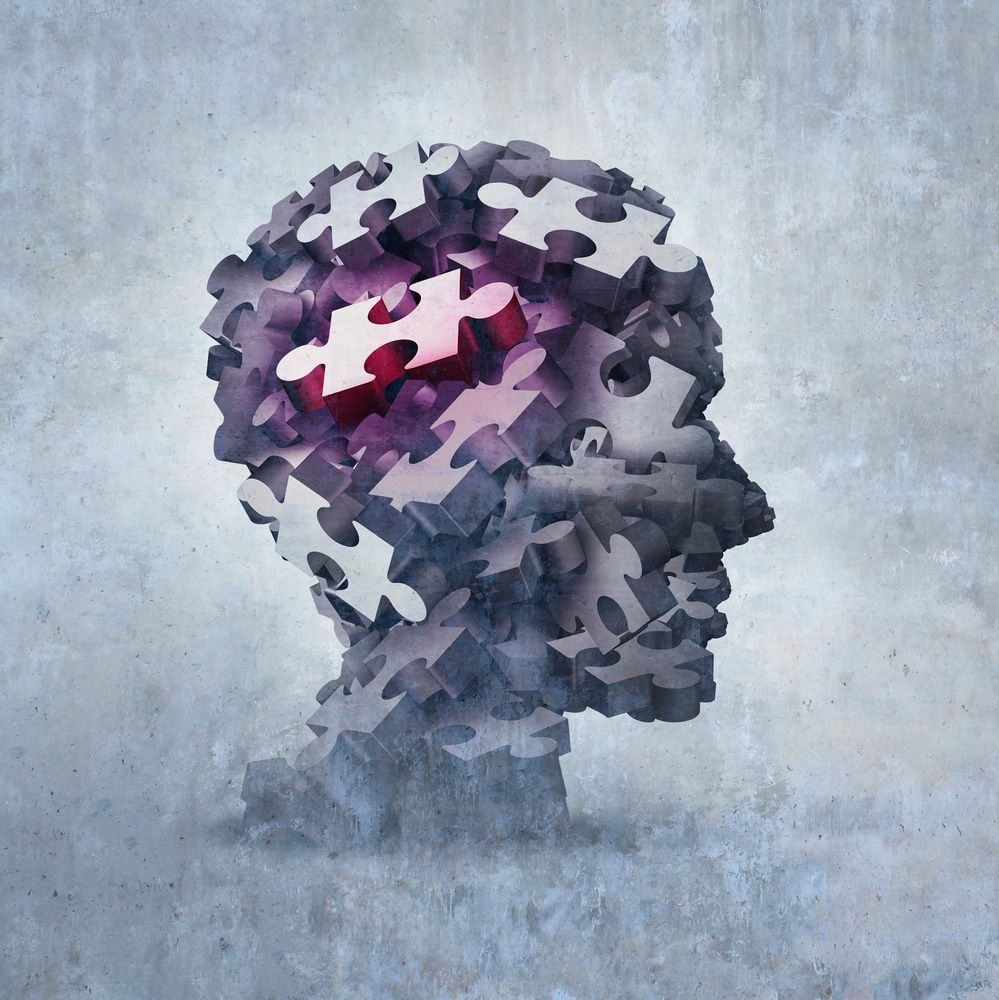
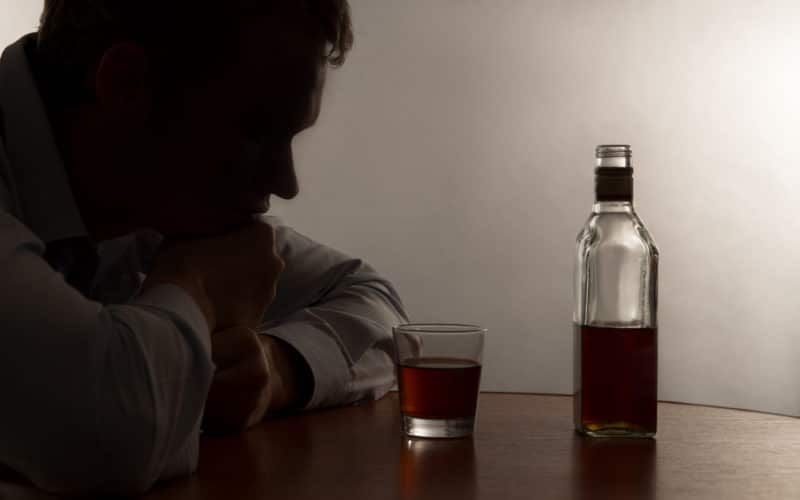
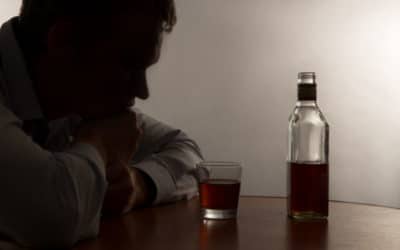 The coronavirus pandemic has led thousands of people to slip into isolation and many more to develop intense feelings of loneliness. Isolation and addiction go hand in hand. Without friends, family or acquaintances to confide in and help you organize your thoughts, your mental health can deteriorate. Poor
The coronavirus pandemic has led thousands of people to slip into isolation and many more to develop intense feelings of loneliness. Isolation and addiction go hand in hand. Without friends, family or acquaintances to confide in and help you organize your thoughts, your mental health can deteriorate. Poor  If you’ve been feeling lonely or you’re worried that you’re at risk of isolating yourself from others, find ways to seek connections. You don’t need to meet people physically — technology is helping individuals with anxiety stay in touch. Watching, listening to and creating content are also great ways of fighting loneliness. Some ideas for fighting isolation include:
If you’ve been feeling lonely or you’re worried that you’re at risk of isolating yourself from others, find ways to seek connections. You don’t need to meet people physically — technology is helping individuals with anxiety stay in touch. Watching, listening to and creating content are also great ways of fighting loneliness. Some ideas for fighting isolation include: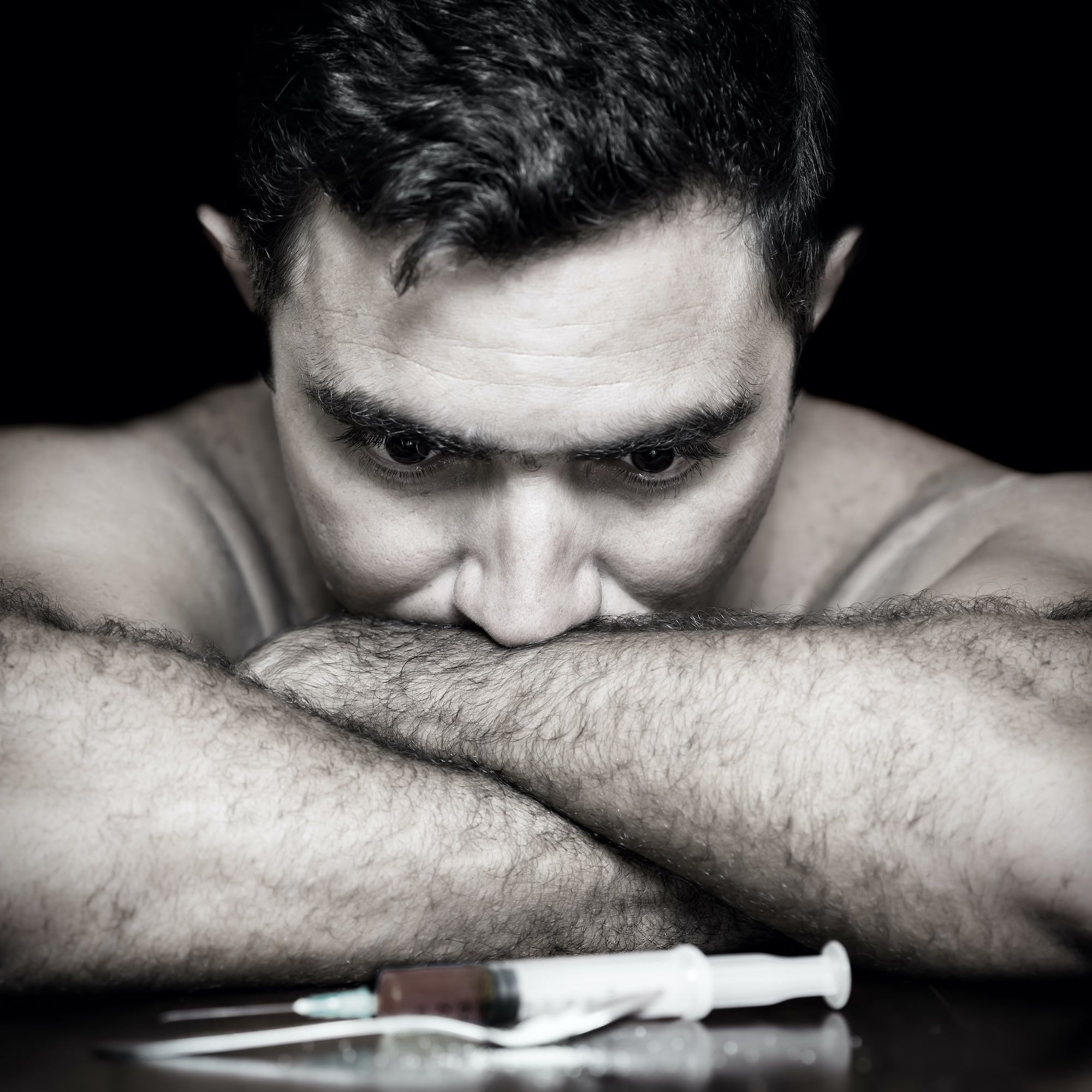
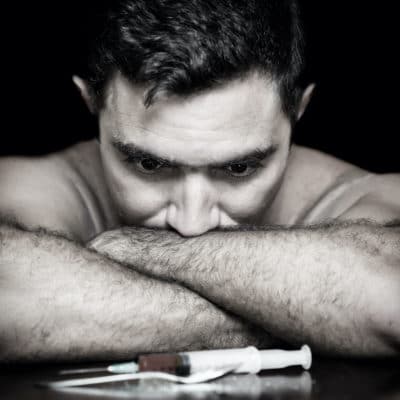 Addiction recovery is an ongoing process because substance use disorders are chronic diseases. This means that rather than finding a cure, you’re learning to manage your symptoms. Even after completing a
Addiction recovery is an ongoing process because substance use disorders are chronic diseases. This means that rather than finding a cure, you’re learning to manage your symptoms. Even after completing a 
 The world has changed beyond recognition in the wake of the coronavirus pandemic, and people need help with coping more than ever. You might have turned to drugs or alcohol as a result of anxiety over the situation, or your condition could be entirely unrelated. Social distancing presents some unique challenges in the provision of
The world has changed beyond recognition in the wake of the coronavirus pandemic, and people need help with coping more than ever. You might have turned to drugs or alcohol as a result of anxiety over the situation, or your condition could be entirely unrelated. Social distancing presents some unique challenges in the provision of 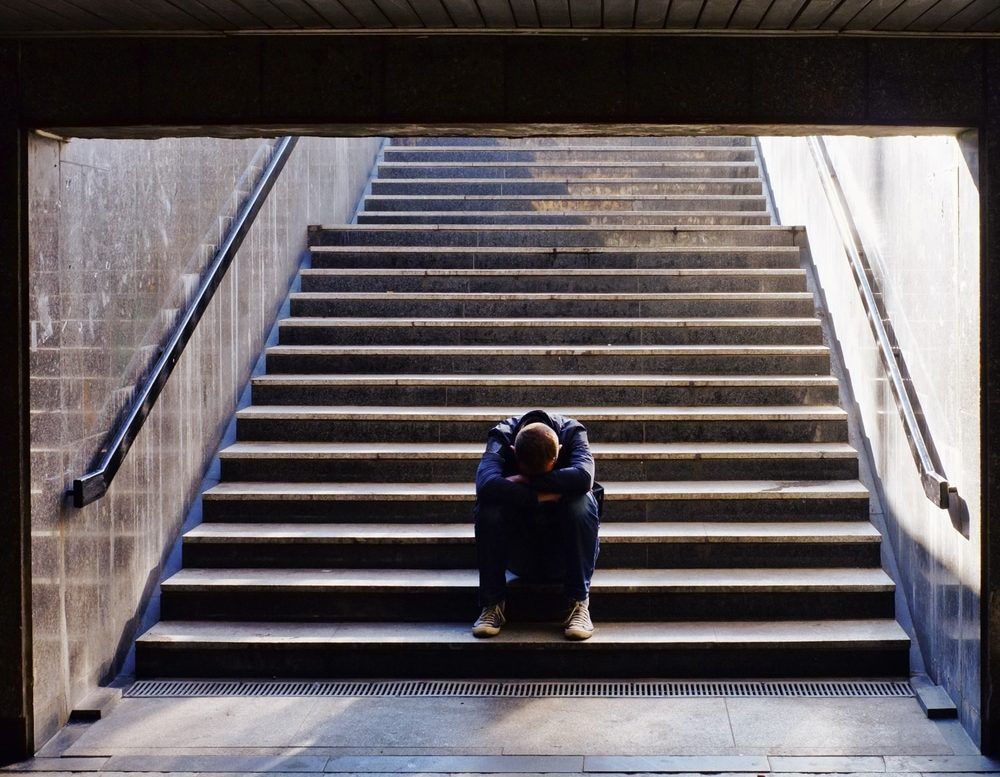
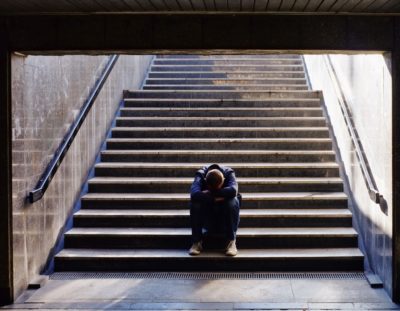 It’s perfectly natural to feel a strong desire to help someone you love if they find themselves in trouble with drugs and alcohol. However, when healthy boundaries aren’t clearly established, compassion can turn into codependency. No matter what’s going on with someone else, it’s integral that you put your own needs before those of others. Many parents and partners of people suffering from addiction become dependent on trying to save their loved one, which is called codependency.
It’s perfectly natural to feel a strong desire to help someone you love if they find themselves in trouble with drugs and alcohol. However, when healthy boundaries aren’t clearly established, compassion can turn into codependency. No matter what’s going on with someone else, it’s integral that you put your own needs before those of others. Many parents and partners of people suffering from addiction become dependent on trying to save their loved one, which is called codependency.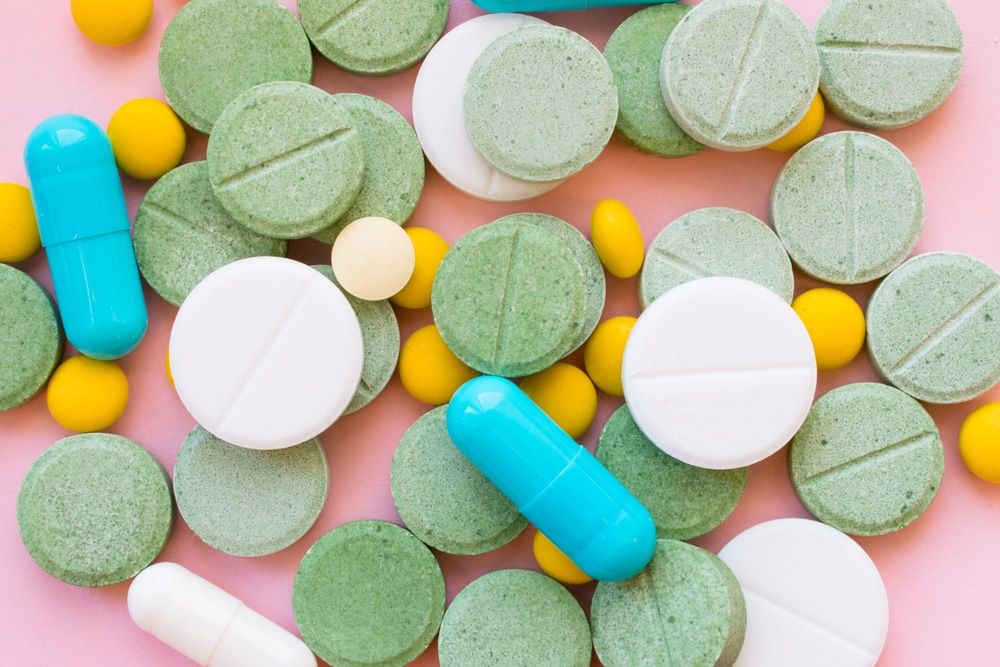
 In some cases, immediately stopping a drug can be too much of a shock to the system, putting your health at risk. Certain substances, including alcohol, opioids like heroin and benzodiazepines, trick the body into thinking it needs them to function correctly. This is known as physical dependence. When you’re dependent on drugs or alcohol, you’ll experience withdrawal symptoms that vary in severity from mild to life-threatening.
In some cases, immediately stopping a drug can be too much of a shock to the system, putting your health at risk. Certain substances, including alcohol, opioids like heroin and benzodiazepines, trick the body into thinking it needs them to function correctly. This is known as physical dependence. When you’re dependent on drugs or alcohol, you’ll experience withdrawal symptoms that vary in severity from mild to life-threatening.
 All outpatient services treat people who are suffering from a substance use disorder on a part-time basis. Often, clinics help those who are going through an addiction address underlying mental health issues and devise a long-term plan for recovery. Intensive outpatient services offer an elevated level of care compared to general outpatient. This doesn’t mean the treatment is better — it’s about getting the intensity of care that’s right for you at the time.
All outpatient services treat people who are suffering from a substance use disorder on a part-time basis. Often, clinics help those who are going through an addiction address underlying mental health issues and devise a long-term plan for recovery. Intensive outpatient services offer an elevated level of care compared to general outpatient. This doesn’t mean the treatment is better — it’s about getting the intensity of care that’s right for you at the time.
 Addiction is a chronic disease that can take over a person’s life and wreak havoc, and the road to recovery is complex. Each person responds differently to treatment, and there is no one-size-fits-all treatment. Often, someone who succeeds in getting sober takes multiple approaches and attends some form of care on an ongoing basis. Substance use disorders are chronic illnesses, so there isn’t a finite cure. Abstinence needs to be cultivated long term, and
Addiction is a chronic disease that can take over a person’s life and wreak havoc, and the road to recovery is complex. Each person responds differently to treatment, and there is no one-size-fits-all treatment. Often, someone who succeeds in getting sober takes multiple approaches and attends some form of care on an ongoing basis. Substance use disorders are chronic illnesses, so there isn’t a finite cure. Abstinence needs to be cultivated long term, and 
 While inpatient treatment is usually the best course of action for people who need to go through detox for a severe substance use disorder, outpatient rehab is ideal for everyone else. It’s also the perfect option for individuals who have completed a residential rehab program and are ready to take a step down. When you don’t live in a clinical setting, your family and social life aren’t restricted; you can attend treatment around work or school and bring what you learn to daily life with immediate effect. One of the other significant benefits of outpatient rehab is its affordability.
While inpatient treatment is usually the best course of action for people who need to go through detox for a severe substance use disorder, outpatient rehab is ideal for everyone else. It’s also the perfect option for individuals who have completed a residential rehab program and are ready to take a step down. When you don’t live in a clinical setting, your family and social life aren’t restricted; you can attend treatment around work or school and bring what you learn to daily life with immediate effect. One of the other significant benefits of outpatient rehab is its affordability.
